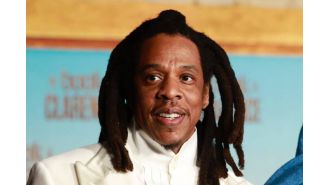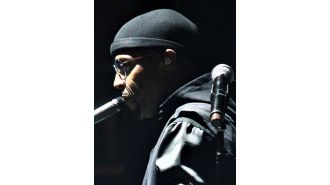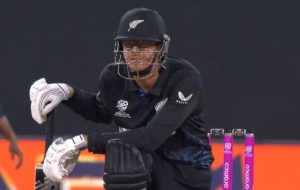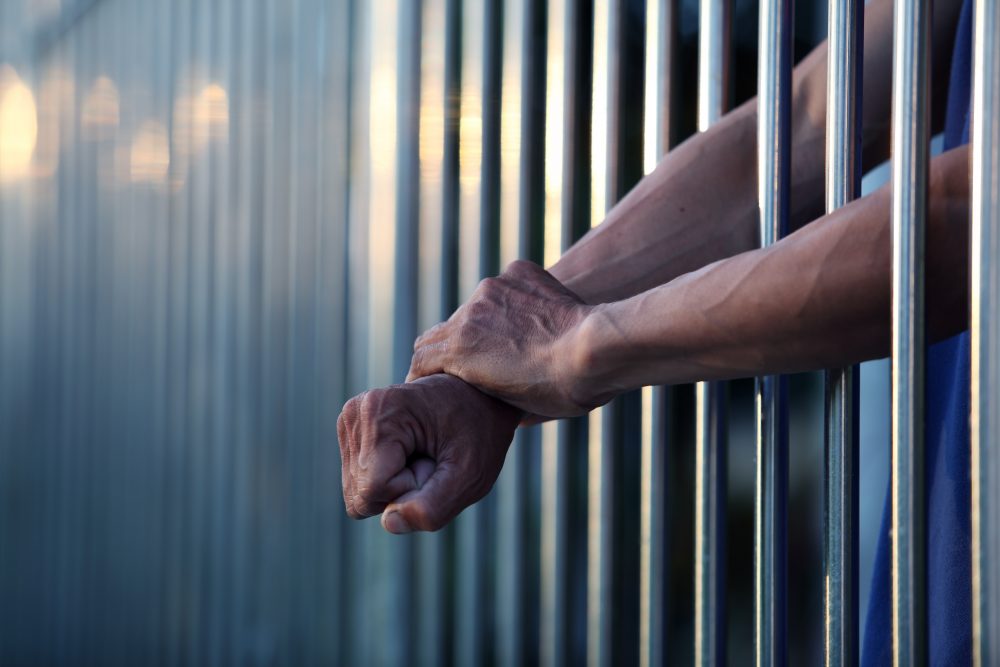Chicago will soon vote on ShotSpotter's future with new data about the victims it has helped.
The recent focus on ShotSpotter's impact on the number of people helped is a new priority for its supporters, shifting away from its previous emphasis on aiding police and reducing crime.

Supporters of the ShotSpotter gunshot detection system in Chicago are fighting to keep the technology in place, despite Mayor Brandon Johnson's plan to remove it. They argue that ShotSpotter has saved lives by providing quick aid to gunshot victims, even when no one calls 911. This focus on the system's life-saving potential is a recent shift for its supporters, who previously emphasized its role in reducing crime and assisting police in making arrests. However, these arguments have been largely based on anecdotal evidence and have been called into question by recent studies.
As the City Council prepares to vote on whether to take control of the program, new data from the Chicago Police Department sheds light on the frequency with which ShotSpotter alerts have led to aid for gunshot victims. Since January 2021, police have rendered aid to 103 victims after receiving a ShotSpotter alert without a related 911 call. While this aid may not always result in survival, it serves as a testament to the technology's value for Alderman David Moore, who believes that any cost is worth saving lives.
However, not all council members share Moore's perspective. Alderman William Hall argues that investing the funds used for ShotSpotter into addressing the root causes of violence would save even more lives. He believes that the city should focus on preventative measures rather than relying on technology that only reacts to incidents after they occur. Hall also expresses concerns that ShotSpotter may discourage community members from communicating with police.
Despite the pushback from both supporters and critics, Mayor Johnson has remained firm in his decision to remove ShotSpotter from Chicago. He cites a series of studies that have questioned the effectiveness and cost-benefit of the technology. The city's Office of Inspector General found that ShotSpotter rarely leads to evidence of crimes, while the MacArthur Justice Center claims that it is both inaccurate and discriminatory in its targeting of predominantly Black and Latino neighborhoods.
In response to Johnson's decision, Alderman Moore introduced an order that would give the City Council the power to vote on whether to cancel the ShotSpotter contract. This order, which has faced delays and parliamentary maneuvers, would also require the police department to collect more data on the technology's effectiveness. However, Johnson argues that this order goes against his authority as mayor and that the decision to remove ShotSpotter should not be subject to a council vote.
The debate over ShotSpotter has also highlighted the divide among council members representing areas with high rates of gun violence. While Alderman Hall, whose ward has seen the most shooting victimizations, supports the removal of ShotSpotter, aldermen from 14 of the 17 wards with the highest rates of gun violence want to keep it in place.
As the City Council prepares to vote on the future of ShotSpotter, the discussion continues to revolve around its effectiveness and cost. While some argue that any tool that can potentially save lives is worth the expense, others believe that the funds would be better allocated towards addressing the root causes of violence. As the debate rages on, the fate of ShotSpotter in Chicago remains uncertain.
1 Views










